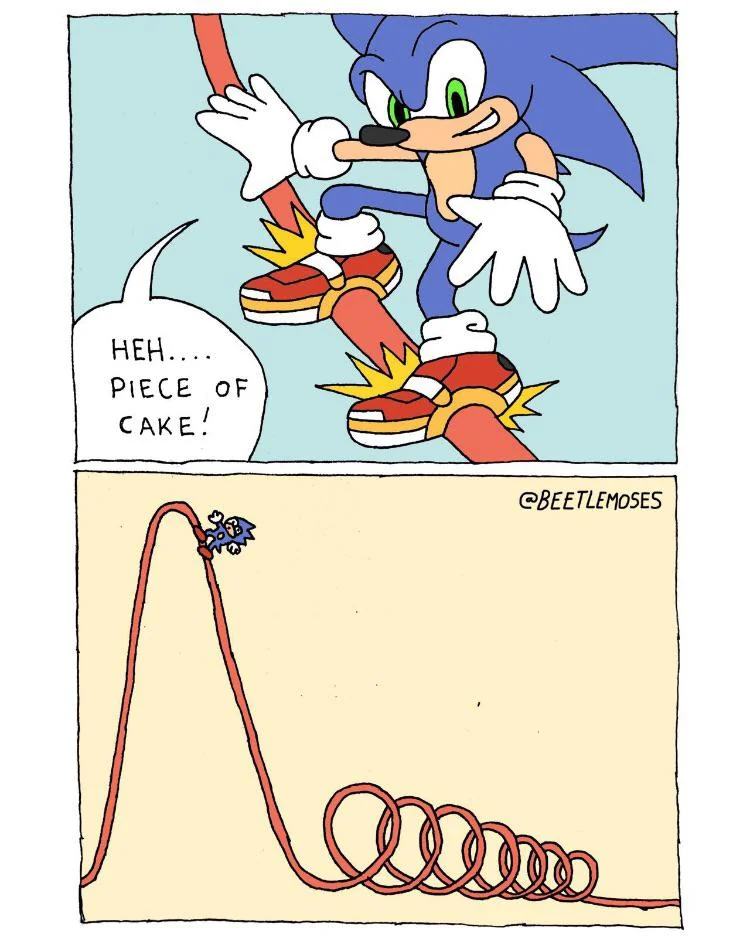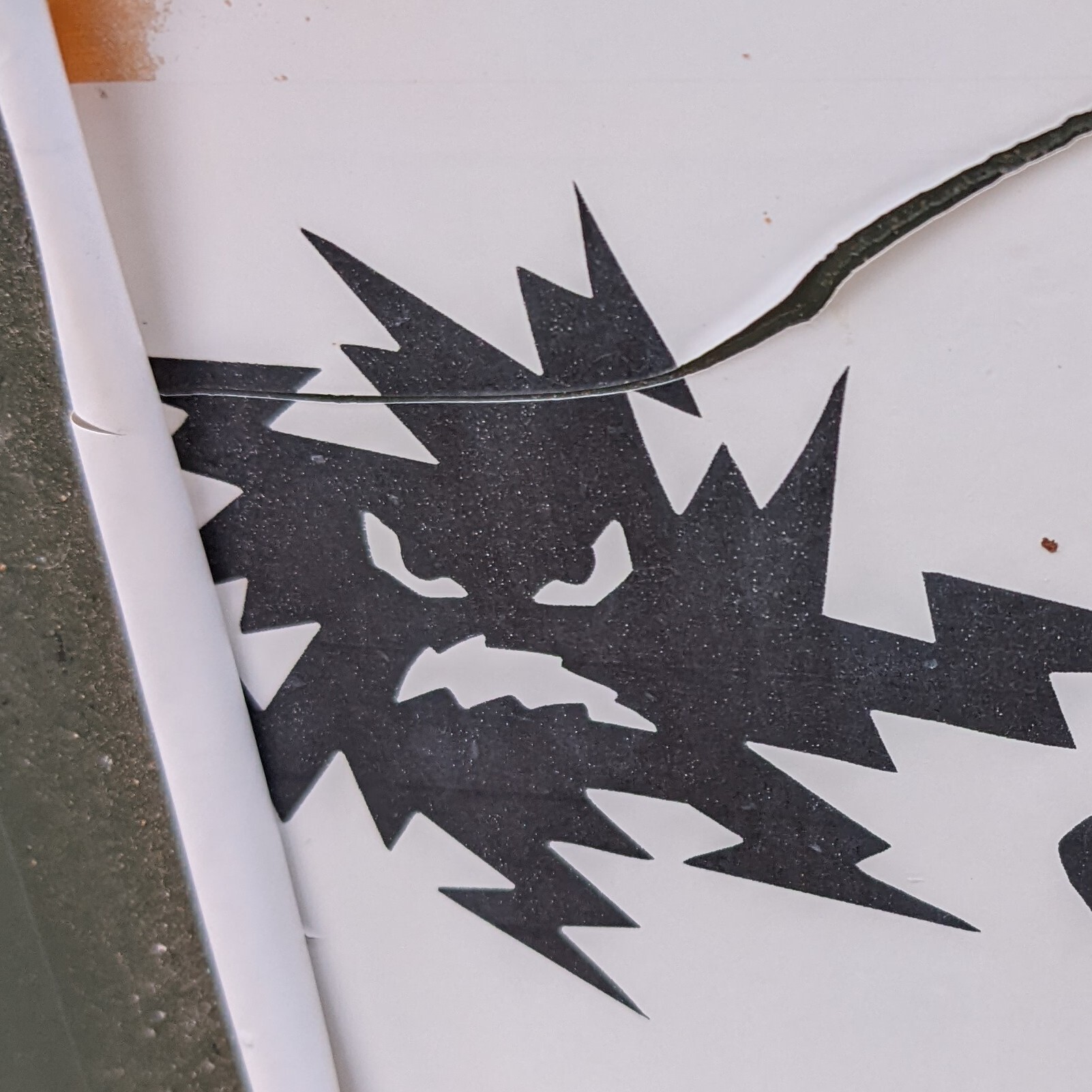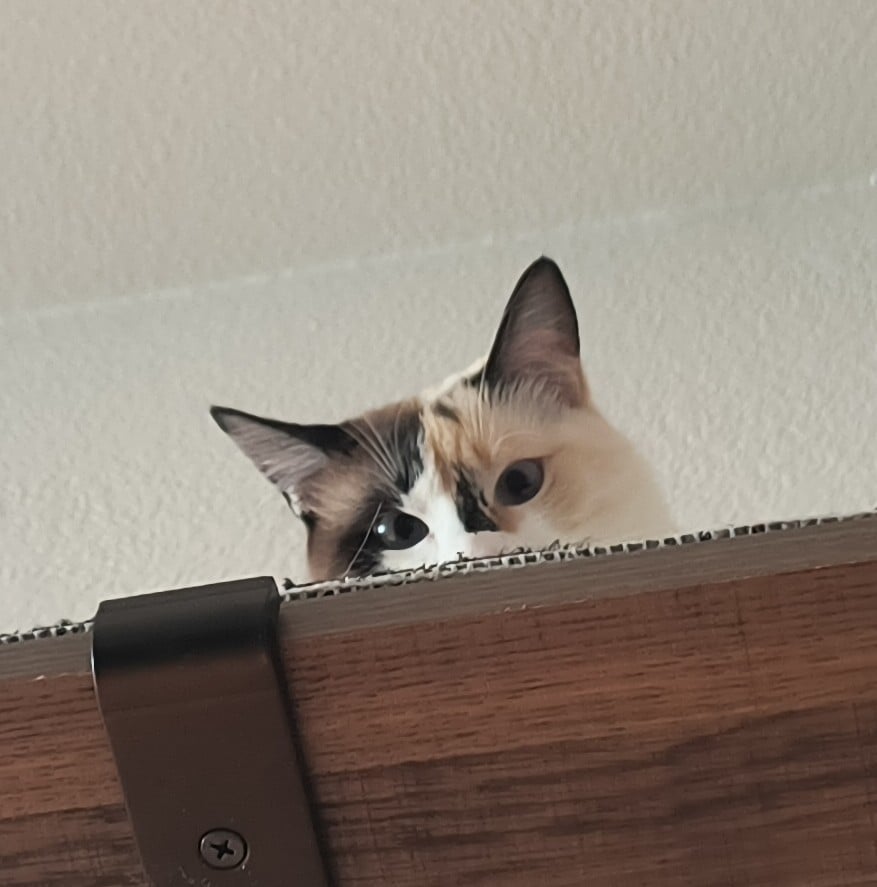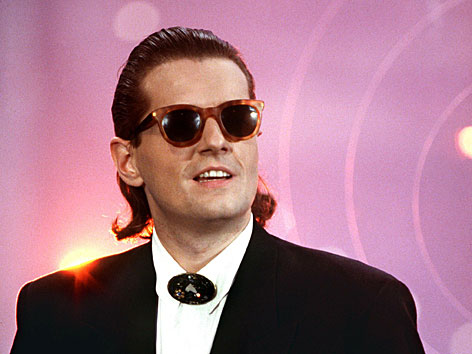
oh no 😦
This kills the hedgehog.
Sonic can take the Gs. This is only a problem for humans.
More loops necessary, then.

I have one of those giant hamster wheels for our cat. If you use the laser pointer and get her to chase it on the cat-wheel, when she tries to stop when at full speed, she goes all the way around and the wheel spits her out. Funny as hell. Then she goes back for more. Cat loves the wheel.
We’re going to need a video of this now. Pay the cat tax.
@TheBenCommandments @jrwperformance
Yeaaahhh a video. Pay the tax man. Hand over the video.
The cat is moving in a circle, so it has a centripetal acceleration and a centripetal force. At the apex of the loop, that force is the sum of gravity, and resistance from the track. The track force is greater than or equal to zero, so acceleration due to gravity is less than or equal to the total centripetal acceleration.
g ≤ v²/r
So,
r ≤ v²/gTaking top speed of a cat as 8.278m/s (from Wolfram Alpha), and g on earth as 9.81m/s², this gives us r ≤ 6.99m. So long as the cat can maintain its top speed all around the loop, it can successfully do a loop of up to 14 meters diameter. This is a lot bigger than I expected, to the extent that I suspect some flaw in my reasoning.
The cat won’t be able to maintain its top speed because of deceleration from lack of friction
Claws homie
Good point. It has zero contact force at the apex, so 14m is an upper bound on possible cat-loops.
True. But if top speed allows for 14 meters, surely a 1.5 to 2 m loop should be possible (especially given a cat’s incredible reflexes and control given a lack of friction or even freefall). I’d guess that a cat, given enough motivation, could keep running under the little friction provided by the centripetal force for a few hundred milliseconds - likely long enough to complete a 1m loop, maybe even 2, given sufficient space for a top-speed run before entering…
I get the same math… Seems fucky but… This is assuming the sum of centripetal acceleration and gravity at the peak of the loop is zero. It may be physically possible for a cat to learn to manage a loop with such velocity but I imagine a cat wouldn’t be able to maintain a stride through a zero-g portion of the loop the first time it tried it.
So, instead let’s throw an assumption that the cat must maintain at minimum sum of -1g at the maxima of the loop. That may be badly phrased, assuming the cat must have at minimum a net force of at least one g between it’s paws and the surface of the loop it was currently using to accelerate…
3.5 meters = 11.5 feet
Radius, so still a freaking 7 meter diameter loop feels incredible…
deleted by creator
Jpeg compression so bad I read that as “fake mouse on rat”
Oh! So did I
i was on rat once in my life, worst trip of my life, never again
It would probably make too much noise, so the cat would stare at it from a distance.
Yes, provided the chase didn’t stop a cat should easily do it.
Cat expert here. Yes a cat could.
I dunno. Build one and try it with your cat and let us know the results.
I mean a hedgehog could do it walking slowly, I don’t see why I cat couldn’t do it running. Context
If I’m dangling her Bug-Onna-Leash and my adolescent cat comes running, and I lift up the bug, she’ll sometimes do a loopdeloop leap without any track at all, either swatting the bug or grabbing him in her teeth and running off with him. This would be a cakewalk for her.
There are cats who can’t jump or run fast or climb, we love them anyway. But to test your theory you need to get the cat to WANT to do it. “What’s in it for me?” is their guiding principle.
So it’s all going to depend on motivation; the mouse needs to be just bite sized, catnippy, and have a little bell or rattle sewn inside it. You should pull it in an enticingly twitchy way. Treats may also be needed.
Cat kinda lookin like Pikachu
i think the cat would wait at the end of the loop for the mouse
Build it, record it, post it, and win all of the internet points!
If the loop is carpeted, she sure could.
If the cat was chasing Tony Hawk instead of a mouse, yes.













